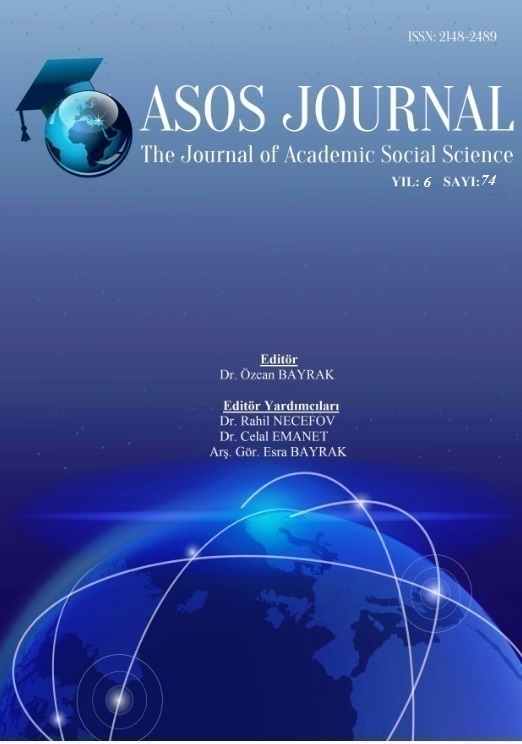Author :
Abstract
Bu çalışma şiddetin ve defansif tıbbın nedenlerinin, sonuçlarının, alınacak önlemlerin neler olabileceğini ortaya koymak amacıyla nitel olarak hazırlanmıştır. Araştırmada şikâyet edilme, malpraktis davaları, şiddet, medya, hastaların eğitim düzeyinin düşük olması, iletişimsizlik, hekimlerin tavırları, hastaların hekimlere olan tavırları, mesleki deneyimin az olması, hasta yoğunluğu, sağlık sistemi defansif tıbbın nedenleri olarak; ekonomik zarar, TUS tercihlerinin değişmesi, başarılı hekim bulmakta zorluk yaşama, hekimlerin mesleki çekinceleri, hastaların tedaviye geç ulaşmaları, tıp mesleğinin tercih edilmemesi, başarılı hekimlere ücretle ulaşma, hekimlerin iş yükünün artması, tıbbi hata riskinin artması, hekimlerin erken emekliye ayrılmak istemeleri, sağlık hizmetlerinden memnuniyetsizliklerin azalması ve hekimlerin yaftalanması ise sonuçları olarak ortaya çıkmıştır. Hastaların olumsuz bakış açısı, eğitim düzeyinin düşük olması, medya, yönetim ve sağlık politikaları, hasta yoğunluğu, cezaların caydırıcı olmaması sağlıkta şiddetin nedenleri olarak görülmektedir. Şiddet hekimlerde motivasyon eksikliği, hekimlerin defansif tıbba yönelmesi, hastanın iyi sağlık hizmeti alamaması, zaman kaybı, hekimlerde mesleki isteksizlik, hekimlerin sağlığının bozulması, ekonomik kayıp yaşanması ve bazı hastanelerde yığılma ile sonuçlanmaktadır. Ayrıca araştırmadan elde edilen en önemli sonuç şiddetin defansif tıbba, defansif tıbbın da şiddete neden olduğudur.
Keywords
Abstract
In this study it is designed qualitatively to show the reasons and consequences of both violence and defensive medicine and also the possible precaution can be taken towards them. In the study the reasons for defensive medicine are revealed as being complained, malpractice cases, violence, media, low level of education of patients, miscommunication, attitudes of doctors to patients and attitudes of patients to doctors, lack of professional experience of doctors, patient density and health system. The consequences of defensive medicine were found as economic loss, the change in preference in TUS, the difficulty in finding experienced doctors, professional drawback of doctors, receiving of treatment later than it is supposed to be, not being preferred the medicine as a profession, reaching to experienced doctors costly, increase in work load of doctors, increase in risk of medical error, early retirements of doctors, decrease in the dissatisfaction in health system and blaming doctors unjustly. In the study the suggestions to prevent defensive medicine are, improvement in education and health policies, reselection of complaints, protection of health workers, improvements in work conditions of doctors, prevention of violence, effective application of law, control of media and giving the opportunity to doctors to choose the patients. In the study, the negative perspective of patients, low level of education, media, administration and health polices, patient density, not deterrent punishments are seen as the reasons of violence in health. The violence that occurred as a result of these reasons, end up with lack of motivation of doctors, tending towards defensive medicine, not receiving proper health service, waste of time, unwillingness of doctors in professions, deterioration of doctors' health, economic loss and density in particular hospitals. In addition, the most important result obtained with research is that violence is caused by defensive medicine and defensive medicine is caused by violence.





